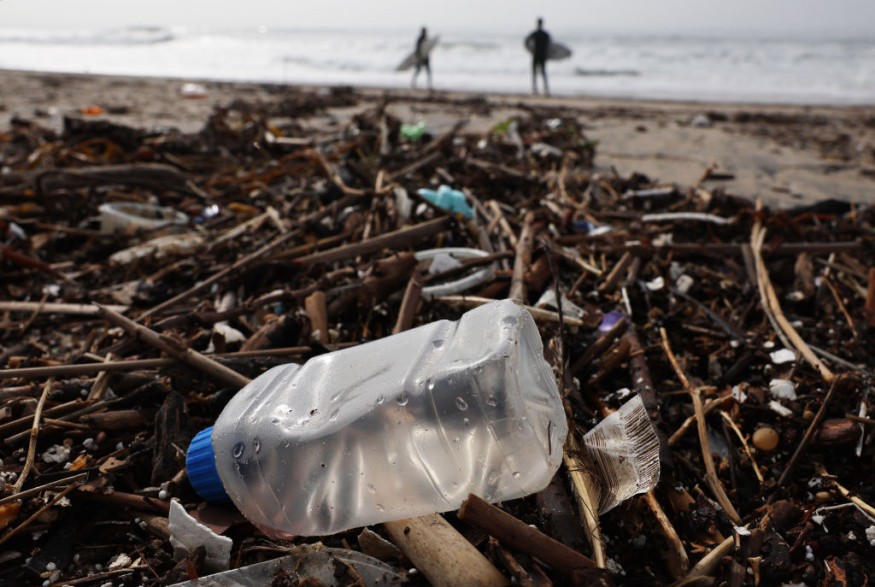The rising microplastic threat can pose a significant impact on marine ecosystems, especially the freshwater goldfish (Carassius auratus). Fish's overall health will be affected due to the exposure effects.
International researchers have been studying the environmental aftermath of microplastics. Plastic pollution has been devastating for wildlife and animal habitats, including for the marine ecosystems.
According to NOAA, microplastics are known to be small plastic pieces. It can be found everywhere. Researchers noted that the plastic product reached over a whopping 400 million tons. Recent estimates that the number of plastics entering oceans can rise without urgent mitigation efforts.
The very small microplastics can not only affect the animal's health, but also humans. The contaminated seafood or fish can be consumed by humans can cause the following:
- Cancer
- Decline in reproductive health
- Endocrine system impact
Microplastic Impact on Gold Fish and Marine Ecosystem

In the latest study, researchers explored the microplastic effects on goldfish. The research findings were published in the Comparative Biochemistry and Physiology Part C: Toxicology & Pharmacology. They observed Benzo[α]pyrene (BaP) pollutant and the potential stress of microplastic in the goldfish's health and behavior.
They analyzed the impact of the microplastic and pollutants when being exposed to goldfish health. The researchers discovered that the exposure could cause more stress to the fish population and lead to DNA damage.
With the emerging environmental problem, microplastics can be a widespread threat to other marine and aquatic animals. Small plastic can stay in the ocean and travel everywhere, noting that more plastics are produced yearly from synthetic fibers, cosmetics, and other products.
Furthermore, the study found that the BaP and microplastics can result in abnormal behavior in goldfish. It can significantly damage their endocrine system. Prolonged exposure can make it challenging for the fish to thrive in the ocean.
Microplastic is an added stressor to marine ecosystems that suffers from different threats:
- Climate change
- Water Pollution
- Rising ocean temperatures
- Habitat loss
- Mining Exploration
- Noise pollution
As a result, experts explained that the reduction of plastic is important. Environment-friendly products help save species from plastic exposure.
Microplastics in Whales and Dolphins
In a recent report, microplastic particles were discovered inside dolphins and whales, especially in their tissues. The discovery presented the alarming problem of excessive plastic use that can enter the world's oceans.
Researchers also found microplastics in the said animals' blubber, digestive tract and organs. Meanwhile, plastic shads can damage their digestive system and bodies. Marine animals can likely die from starvation.
Related Article : Microplastic Particles Found Inside the Bodies of Whales and Dolphins
For more similar, don't forget to follow Nature World News.
© 2025 NatureWorldNews.com All rights reserved. Do not reproduce without permission.





